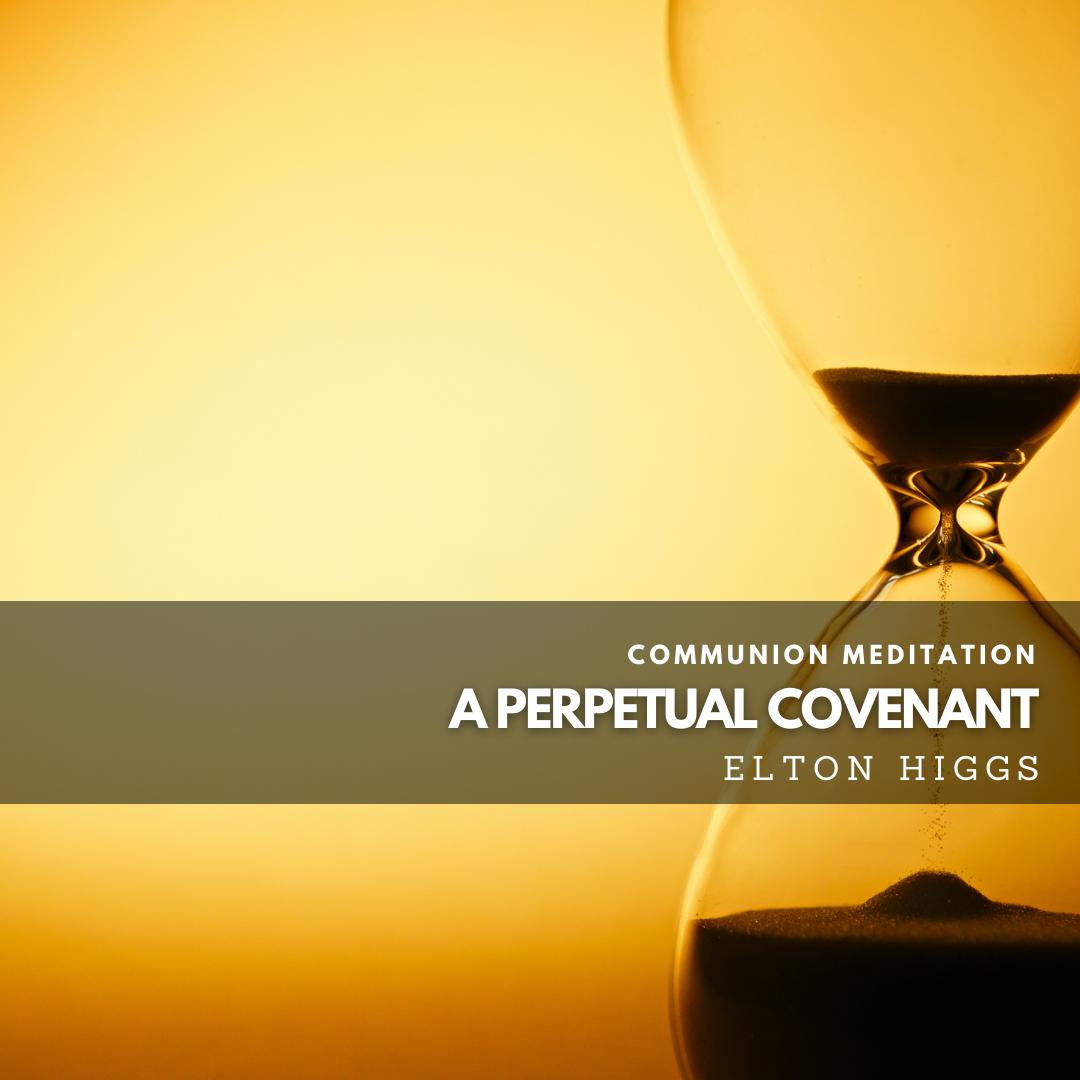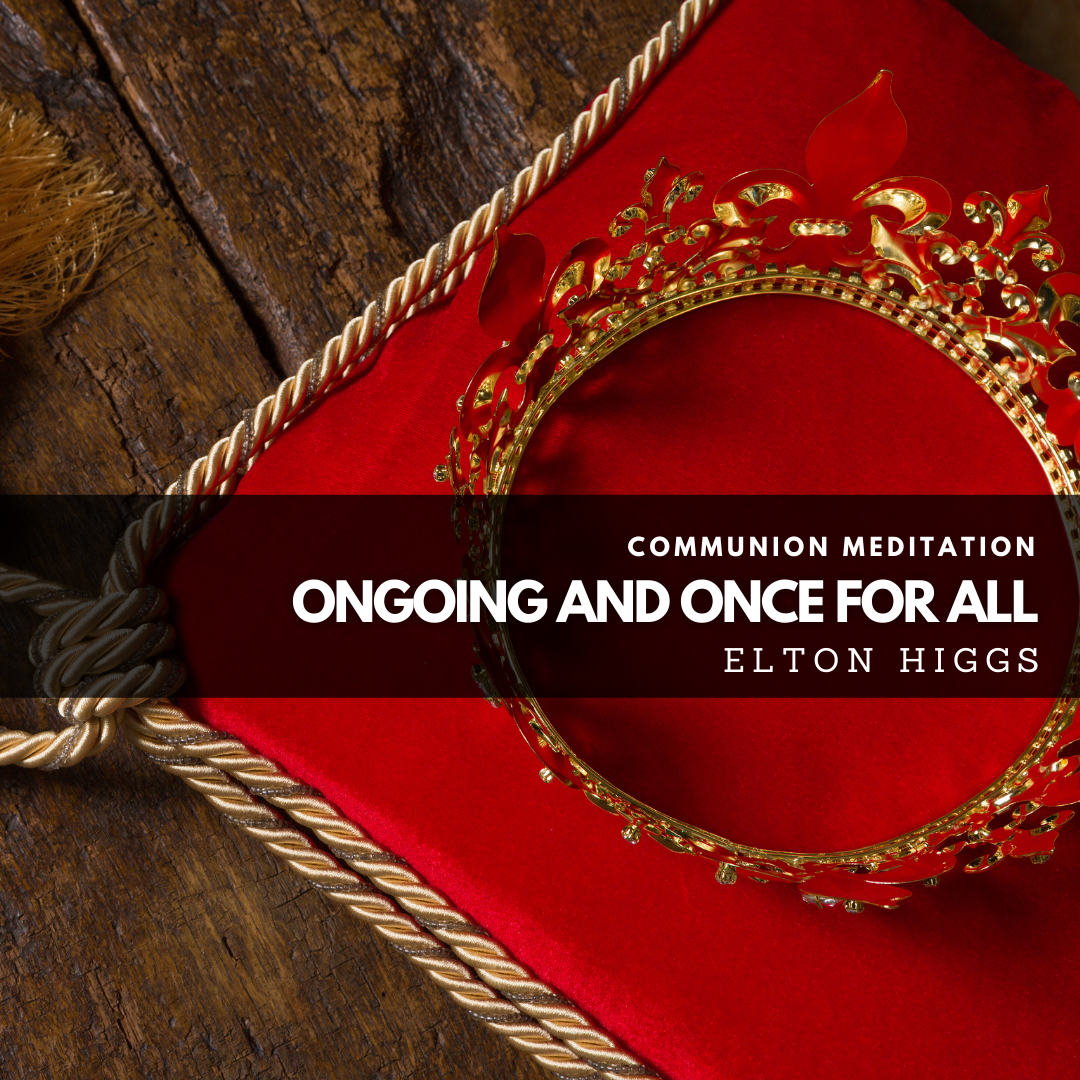Lord’s Supper Meditation – Commonality and Individuality
/A Twilight Musing
Paul’s comments on the Lord’s Supper in I Cor. 11:17-34 are meaningfully followed by a chapter on the importance of communal and harmonious life together in the Body of Christ. The abuses of the Lord’s Supper in chapter 11 are related to the absence of any sense of commonality in the church at Corinth, so that some poor members were being contemptuously ignored by those who were wealthy. Chapter 12 of I Corinthians emphasizes the need of all members of the Body to appreciate and value each other, obscuring the superficial differences between them and embracing the lowly and the exalted with equal fervor. Chapter 13 then goes on to assert “a still more excellent way,” the bonding of all members of the Body into a symphony of love. The appropriate frame of mind in our partaking of the Lord’s Supper is that God cherishes and reaffirms both our individual gifts in the Body and our identity as one organism, with common purpose and mutual affection for one another.
As we commune together, we need to recognize that Jesus died for His Church, but also for each of us who constitute the Church. “Now you are the body of Christ and individually members of it” (I Cor. 12:27). Our Western culture cries out for individualism of a sort that gives us license to define who we are; but that identification is God’s prerogative. Saul of Tarsus was seeking to establish his own identity as one who, by persecuting Christians and casting them in prison, would be regarded as “extremely zealous . . . for the traditions of [his] fathers” (Gal. 1:14). But God stopped him in his tracks and called him to a radically new identity, in which he was to preach to both Jews and Gentiles “the faith he once tried to destroy” (see Gal. 1:13-24). Consequently, he could say after he had accepted God’s definition for him that he had been “crucified with Christ. It is no longer I who live, but Christ who lives in me. And the life I now live in the flesh I live by faith in the Son of God, who loved me and gave himself for me (Gal. 2:20).
How are we to know who we are in the eyes of God? First of all, we must be still enough to let Him assign us our place: “Humble yourselves, therefore, under the mighty hand of God so that at the proper time he may exalt you” (I Pet. 5:6). This exaltation includes being called “children of God” (I Jn. 3:1), a privilege that can be attributed only to the undeserved love of God. However, our individual identities as children of God feed into our relationships with each other in the Body of Christ; as children of God, we are “joint-heirs with Christ” (Rom. 8:16-17). If we are siblings in the Body of Christ, we find our full identity in serving one another, as Jesus did. He could have claimed special status as the only “natural” Son of God, but He “did not consider equality with God something to be used to his own advantage; rather, he made himself nothing by taking the very nature of a servant” (Phil. 2:6-7). Only as we serve one another do we fulfill our identity in Christ. The only place for “competition” is in “[outdoing] one another in showing honor” (Rom. 12:10). But this sort of holy abnegation is leading us to an eternal relationship to God that is the ultimate individualized identity: “To the one who conquers I [Christ] will give some of the hidden manna, and I will give him a white stone, with a new name written on the stone that no one knows except the one who receives it.” In the heavenly state, we will see God face to face and will rejoice in knowing Him as He knows us (see I Cor. 13:12).
In the meantime, “until He comes” to take us to Himself, we rejoice in being defined by where He has placed us in the Body that He inhabits and directs. As we commune together in the Lord’s Supper, we affirm the worth that He imparts to us as units of His own Body.
Dr. Elton Higgs was a faculty member in the English department of the University of Michigan-Dearborn from 1965-2001. Having retired from UM-D as Prof. of English in 2001, he now lives with his wife in Jackson, MI. He has published scholarly articles on Chaucer, Langland, the Pearl Poet, Shakespeare, and Milton. Recently, Dr. Higgs has self-published a collection of his poetry called Probing Eyes: Poems of a Lifetime, 1959-2019, as well as a book inspired by The Screwtape Letters, called The Ichabod Letters, available as an e-book from Moral Apologetics. (Ed.: Dr. Higgs was the most important mentor during undergrad for the creator of this website, and his influence was inestimable.













































